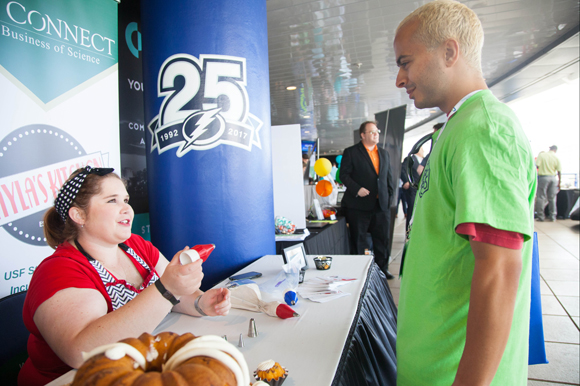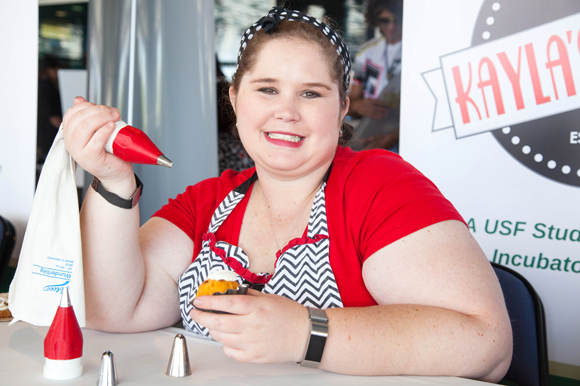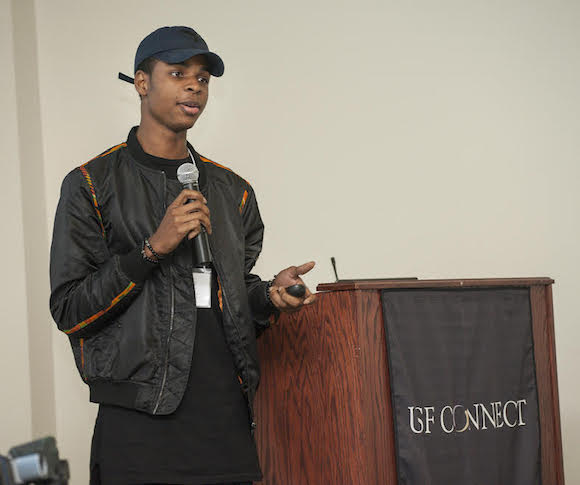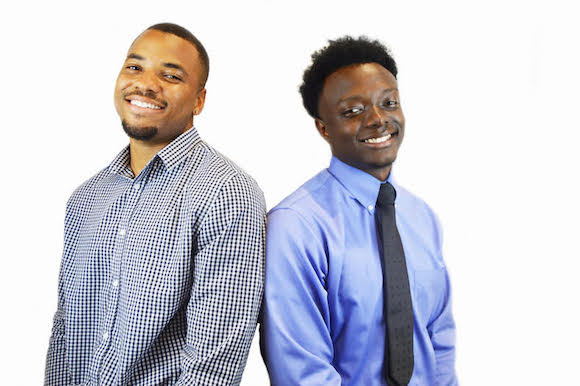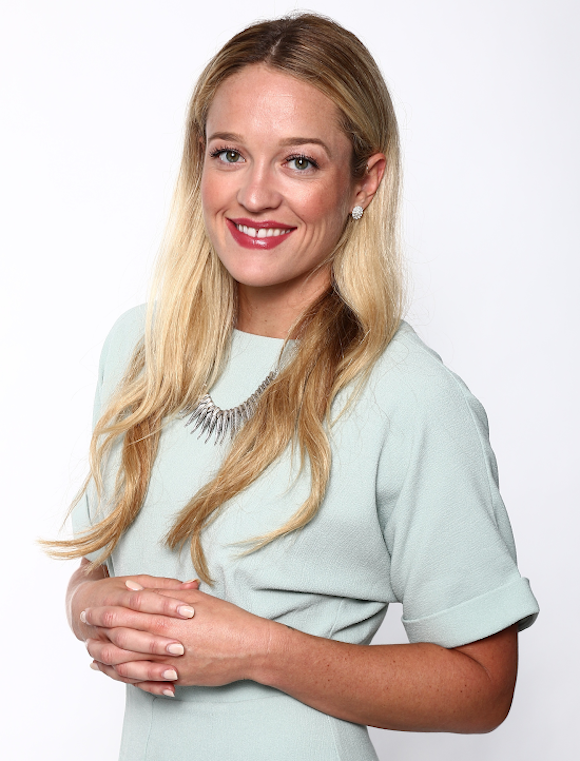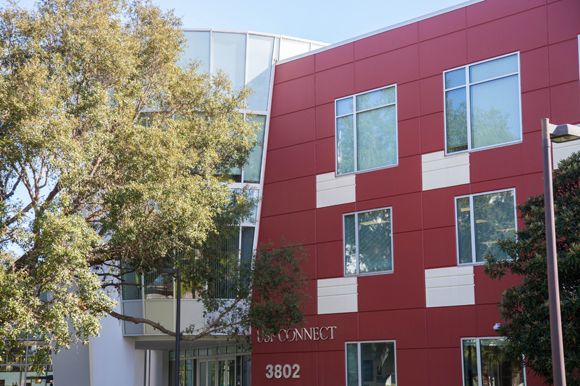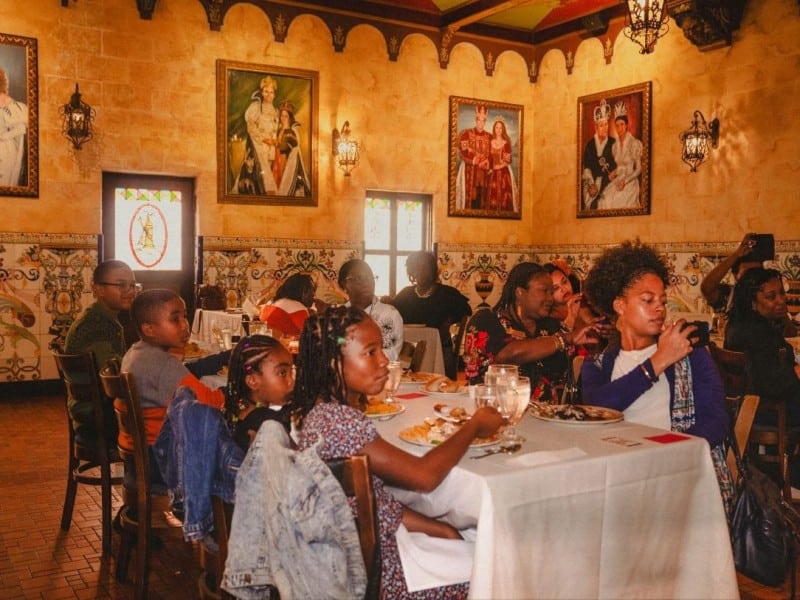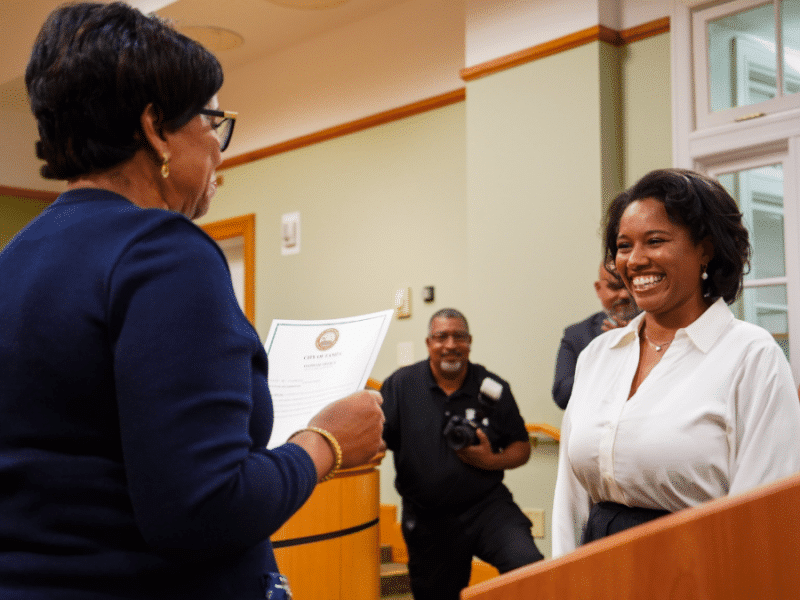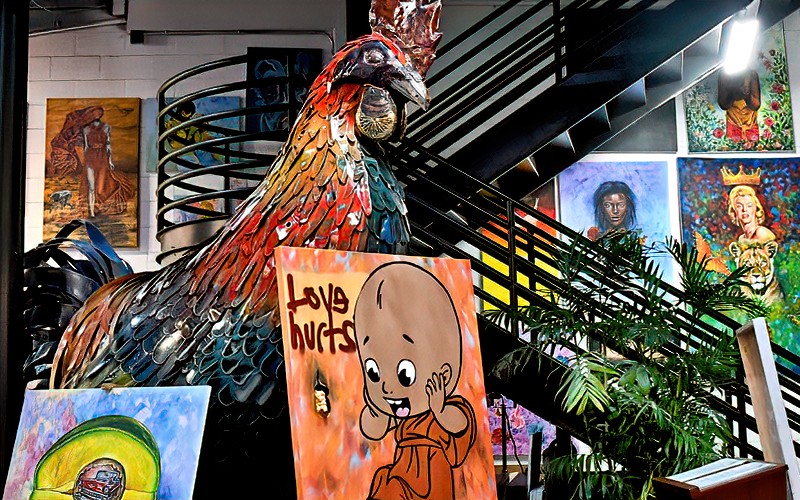Young entrepreneurs get started in Tampa Bay Area
Millennial and Gen Z entrepreneurs capitalize on local opportunities as the Tampa Bay Area entrepreneurial ecosystem grows.
Izu Madubueze didn’t set out to become a businessman. But when the University of South Florida held an African Night in April 2016, the member of one of Igbo’s seven royal families wanted to attend in regal style. Instead of wearing an African-print shirt he could buy online, he decided to make it himself.
“I’d never made anything in my life before,” he admits.
Using $800 in borrowed money, he bought a sewing machine and fabric with an African print from New York City. The sewing machine arrived on Wednesday, he cut the fabric on Friday, and finished it at 6 p.m. Saturday one hour before the festivities. The results were stunning.
“Word spread quickly that Izu could make clothes,” he recalls.
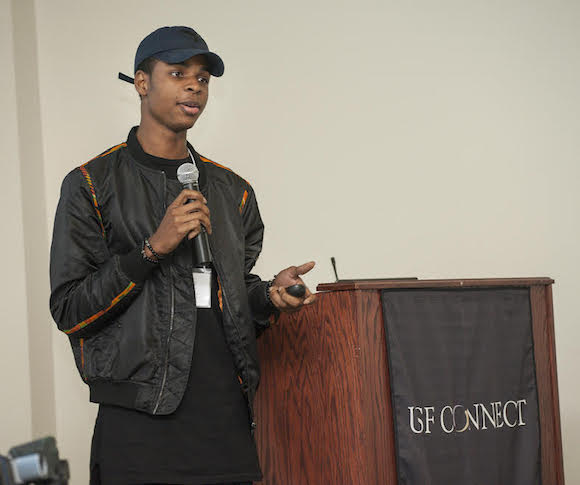
That night he made his first sale. Through word of mouth, the orders began to flow. Uhuru, an online African fashion store which means men’s freedom in Swahili, was born.
Madubueze discovered there were lots of other people who, like him, placed a sentimental value on the kente fabric design originally from Ghana. In Africa, it was initially reserved for royalty, and it was expensive.
So Madubueze uses a replica for his unique, modern creations, which include suits, bomber jackets, jean jackets, leather jackets, swimwear, T-shirts, and hats.
“Basically, we put African prints in any attire we can,” he says.
Madubueze wasn’t prepared for the success he had. From paying taxes, to obtaining a business license, to registering the company, it was all new.
“I had no idea what I was doing. It was the first time. I was learning everything,” he says.
Still, his company has experienced “major growth,” he says. With little advance publicity, his first online sale for $160 came virtually in the first minute of opening on July 1, 2016.
“When it started, I mostly underestimated the need for African apparel, especially in the Tampa area,” says Madubueze, originally from Lagos, Nigeria.
He went on to underestimate demand at his first Black Friday sale, intended to run through Cyber Monday. Instead, it ended the first night after he sold some 80 pieces in the first hour.
This spring he took a break from classes at USF, where he is majoring in criminology, to develop the business so it can handle demand. Uhuru, which has been operating out of co-working space at USF Connect’s Student Innovation Incubator, is expected to open a manufacturing facility in November or December.
Meanwhile the company, which employs five, is expanding into retail stores. “We’re trying to expand into as many channels as we can,” he says.
A new product line, inspired by the Igbo tribe in eastern Nigeria, relies on royal velvet purchased by his mom, Franca, in Nigeria.
Though Madubueze has logged at least $115,000 in sales, he’s not abandoning education plans. “I plan to go back to school in the fall for sure,” he says. “I still look forward to law school as well.”
He originally migrated from Africa to Oklahoma because of proximity to relatives, but Madubueze transferred from Southwestern Oklahoma State University to USF in 2015 for a faster-paced lifestyle.
“When I came to Tampa I realized that it was the perfect choice for me,” he says.
Madubueze, who turned 21 on May 25 on Africa Day, is one of a number of entrepreneurs under 30 that are part of the growing entrepreneurial ecosystem in Tampa Bay.
Here’s a look at some other Tampa Bay businesses founded and run by young entrepreneurs.
Filling a need in the financial sector
At 28, Rachel Carpenter and Joey French, 29, are co-founders of a company meeting the need for affordable data. Called Intrinio, the company was started after they discovered how expensive data can be.
“Our mission is democratizing access to financial data to power a new generation of financial innovation,” Carpenter explains.
Instead of building a business around an app calculating the value of stocks, as they originally intended in 2012, they decided to “be the engine” for thousands of apps, she says.
“Everything in finance is run off of data,” she says. “We felt we really had an innovative idea and we couldn’t even do it.”
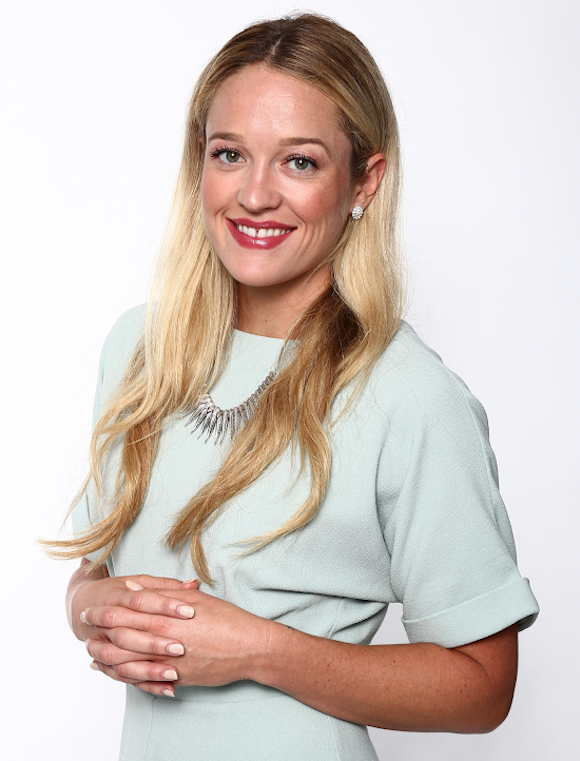
Intrinio offers more than 200 types of data feeds covering more than 1 million securities worldwide. The St. Petersburg-based company, with a staff of around 10, has about 26,000 subscribers, who can use the data to build apps and do analytics.
Having experienced the problem of data accessibility, Carpenter never had a Plan B. “I believed we had a solution,” she says.
Intrinio works with universities including the University of South Florida’s Student Managed Investment Fund and USF St. Petersburg, where an LED ticker streaming stock market information is part of a mock Wall Street trading room gearing up next fall.
The company makes the feeds affordable for the universities, who might have to pay $2,500 per student for data.
“It’s just unreasonable for a university budget,” she says. “We make it really affordable.”
Working through Engage VC, an Atlanta-based venture capitalist and accelerator, has been a huge advantage, helping Intrinio connect with major businesses in that region such as Home Depot, United Parcel Service, Georgia Power and others.
“They grease the wheels and you can establish relationships,” she explains.
Both she and French were in Chicago learning to program when they decided to plunge into business fulltime. “We really could have gone anywhere in the world,” she points out.
They concluded that Chicago was too big for a small business to get noticed, and opted for St. Petersburg, where Carpenter’s mom, Madonna Metcalf, co-owns Wine Madonna with Kris Radish.
“We have a runway here,” she says. “I actually worked at the wine bar for a long time.”
Affordable prices, her family, and the community were draws. “The community was just very welcoming and inclusive,” she explains. “We’ve just fallen in love with it.”
So she is making a name for herself. Carpenter is a speaker at events like Women in STEM Day at Florida Polytechnic University in Lakeland, where the focus is on the science, technology, engineering and math fields. She also serves on the board of CASA – Community Action Stops Abuse — in St. Petersburg.
To what does she credit her success? “A lot of grit and a lot of passion,” she replies.
Investors chose to support her and French because they saw their passion and knew they would work hard.
“We’re in an industry that wants a solution,” she says. “Basically, we’ve found a better mousetrap.”
She and French also make a good team. She programs on the front end and excels at marketing, design and public relations. As director of research and development, he works on the back end creating “disruptive technology,” she says.
“You always need someone that is good in the front of the house, and [someone] that is good in the back of the house,” she says. “I’m better at the people and he’s better at the programming.”
Wondering what happened to that original app? It’s on the Intrinio website, where folks can use it for free to evaluate the true value of companies being traded. apt.intrinio.com
An innovative cake decorator
Kayla Freed, 25, is a cake decorator at Kayla’s Kitchen. She knows that when you decorate a cake, the right tip is important because it regulates the flow of icing. To achieve the right look, the decorator might have to change tips, bags and the coupler that connects them as well.
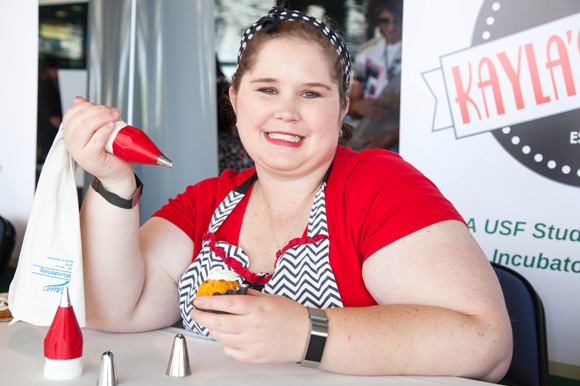
That’s why she designed a coupler that could take different size tips by any manufacturer. “Instead of it only fitting this one size, small or large, it fits any size,” she explains.
Like Madubueze, she didn’t set out to start a business. It was a mid-term project at USF, where she graduated in May with a major in Business Management and minor in Entrepreneurship. Her assignment was to find a problem and devise a solution.
“My issue was having five bags of the same color, trying to do different sizes of the tips,” she says. “Why not make a universal coupler?”
So she tinkered with the couplers. As a result, she’s now the founder and president of The Couplet, which opened in August 2017 and is part of the Student Innovation Incubator through the summer.
With a provisional patent, she is developing a plastic, 2.5- to 3-inch coupler that is hand washable. She may be licensing out the invention to a company experienced at producing bakery products.
Freed, who has been working as a froster at Nothing Bundt Cakes, is no newcomer to challenges. She was diagnosed with a brain tumor at age 12 and has been a patient at St. Jude Children’s Research Hospital in Memphis for 13 years. They’ve since found the tumor isn’t cancerous, just fast growing so it requires maintenance.
She also was born with heart defects, two that have been fixed and two that are being monitored.
“I’m one of those miracle babies,” says the Tampa native and Hillsborough High School graduate. “I’m pretty good. … I just keep going.”
Helping other businesses succeed
The Internet has helped to democratize business, enabling people to open a shop without the overhead of a brick-and-mortar store. Social media has given the masses tools to advertise, but not everyone knows how to use it. That’s where Keyaries Davis and Curtis Blakey are working to excel.
Davis and Blakey, both millennials, opened Legacy Social Media Management in April 2017, catering to small businesses that do not have digital profiles.
“We wanted to create a legacy within our community,” Davis says.
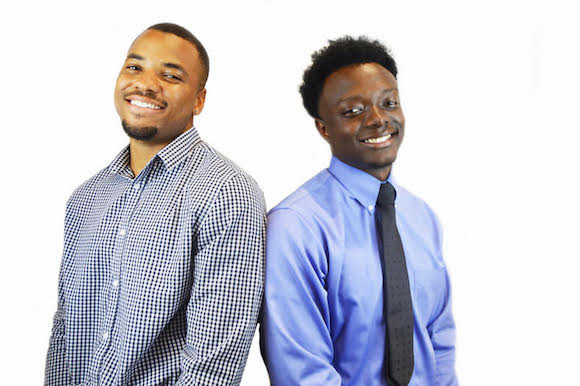
Davis is a graduate of Gibbs High School in St. Petersburg; Blakey, who has been studying economics at St. Petersburg College, is transferring to USF’s Tampa campus in the fall. They participated in a CATCH Lite self-employment training for 17- to 24-year-olds earlier this year which is part of the effort to reduce poverty in South St. Pete by 2020.
“We want people to grow up and choose ownership,” Blakey adds.
Blakey has seen the rewards of entrepreneurship. As a youth, he witnessed successful African-American businesses in Atlanta – and recognized the empowerment it brings.
“They worked hard and they had more time in the latter end of their lives to spend with their family and prosper,” he says.
While the Internet has opened the doors to more entrepreneurship, business itself is more competitive, Blakey says, and it requires a special skillset.
“We saw that in our area there are a lot of older business owners. They may not come from the same culture or have the same specialized skillset to market themselves digitally,” he explains. “We saw that as our niche and our way to help grow businesses.”
They coordinate their workload so they play off of their strengths. That usually means Davis goes to meet clients and Blakey creates marketing strategies. They use contract help when they need extra assistance to get the job done within a reasonable time.
What sets Legacy Social Media Management apart is its tailored marketing strategy. It pairs companies from the same industry who are not direct competitors, making it easier to gauge what are effective sales practices.
The two are not planning to stop with social media: they anticipate other endeavors under the Legacy brand involving real estate, clothing/lifestyle and investment. They hope to develop these within the next 10 to 15 years.
For now they are interested in helping other young entrepreneurs.
“We just want to encourage the youth and inform them: You have all the tools you need. You just have to be innovative,” Blakey says. “You have to come up with something and work hard at it.”
Davis wants to be a role model for those who don’t aspire to college, so they can see through him they can become successful in their own way.
Tips for entrepreneurs
If all this has inspired you, here are some pointers.
• “Don’t underestimate yourself. If you think you can go one mile, push yourself to go three more,” advises Madubueze.
• It’s best not to rush. “Be patient and build your company the right away,” he says.
• Discipline is critical. “There’s just no way around that,” Blakey says. “You have to be disciplined.”
• Don’t give up. “Don’t let one glitch or loss be the end of your creation; be persistent and to be passionate about what you created,” Freed advises.
• Don’t expect to win every contest. “It’s being in second place that makes you stand out and be remembered!” Freed says.
Where can young entrepreneurs or would-be entrepreneurs get help in Tampa Bay?
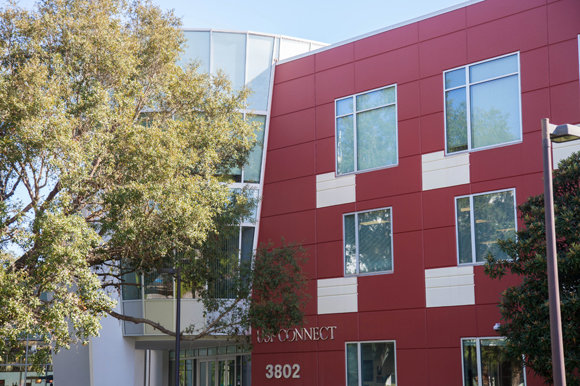
One place, open to all USF students regardless of department, is the Student Innovation Incubator. Interested students can apply once a year, in the summer and early fall, for the free program. Companies are chosen in mid-October.
“They do need to be a company. However, we will help companies incorporate or organize,” says Alissa Martinez Costabile, Program Manager at USF Connect.
Companies can work with mentors, gain experience making pitches before investors, and make important business connections. In the coming year, they’ll also have help with marketing from advertising students.
Another opportunity for USF students is the I-Corps program run in cooperation with the National Science Foundation. The program is for students with research ideas that have commercial possibilities.
USF Connect also has seminars open to the general public where entrepreneurs can learn more. And the Small Business Development Center offers free advice to the general public as well.
In St. Petersburg, the CATCH Lite program teaches young entrepreneurs about things like pricing effectively and marketing through social media. The program involves developing a business plan, a competition modeled after the TV show Shark Tank, financing and other resources.

